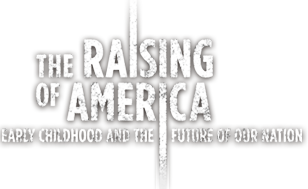Professor Jane Costello of Duke University Medical School was conducting a study of rural children in the Great Smokey Mountains of North Carolina, a quarter of whom were Cherokee, when the tribe opened a casino. This allowed Professor Costello to conduct a natural experiment because soon casino profits started flowing to Cherokee families and cut the Cherokee poverty rate by half.
Over the years Professor Costello observed marked improvement in high school graduation rates, the crime rate, substance abuse, psychiatric problems and other outcomes of the Cherokee children compared to the non-Cherokee poor children in her study. Not only did individual children do better, when UCLA economist Randall Akee ran the numbers he found that the long-term savings gained from better education, less incarceration and fewer mental health services surpassed the funds paid to the parents in the first place. In other words, providing poor families with children a little extra cash helps them and it also saves society money in the long run. So why is it that we, as a nation, are not doing more to address poverty?
You can read an account of Costello’s and similar studies in a New York Times piece by Moises Velasquez-Manoff, “What Happens When the Poor Receive a Stipend?”


